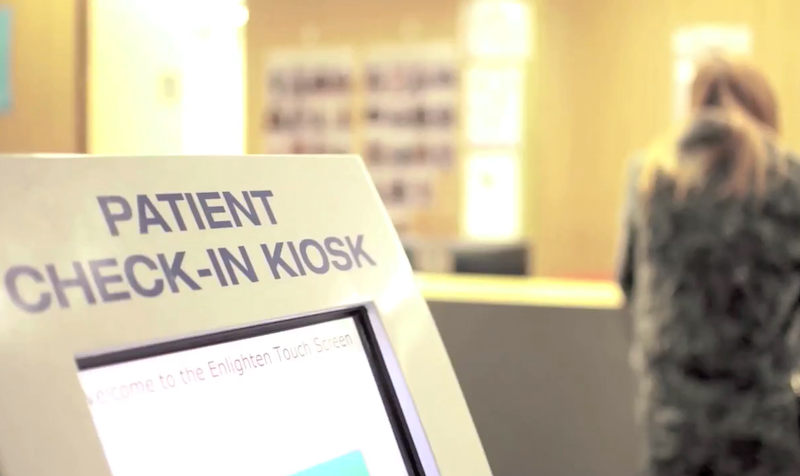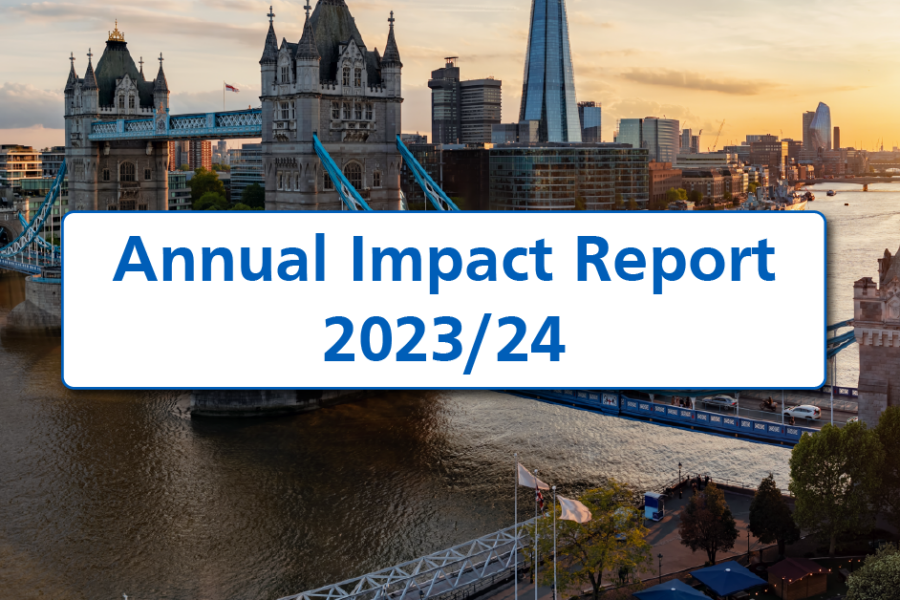Tackling health inequalities – Annual Impact Report 2023/24
Tackling health inequalities is a key priority in the NHS Long Term Plan. Our partnerships programmes and consulting teams work with customers to tackle stigma and address service gaps for diverse and marginalised communities in London.
Leading London’s Great Mental Health Day
In January 2024, Thrive LDN, which works to ensure all Londoners have an equal opportunity for good mental health and wellbeing, led the third annual Great Mental Health Day (GMHD).
This awareness event saw thousands of Londoners come together to talk about mental health, destigmatise asking for help, and shout about the great local support available to them.
Thrive LDN, a citywide mental health partnership hosted by our partnerships team, laid on in-person and online events. We produced content, resources and toolkits to help individuals and organisations to get involved.
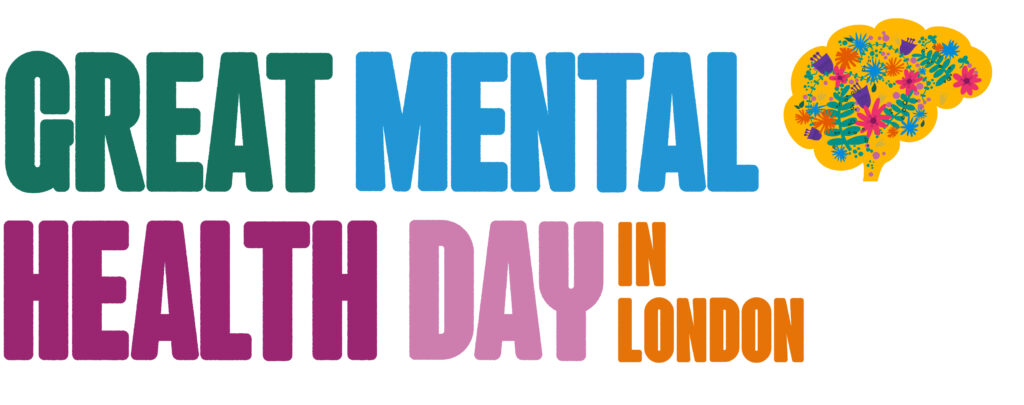
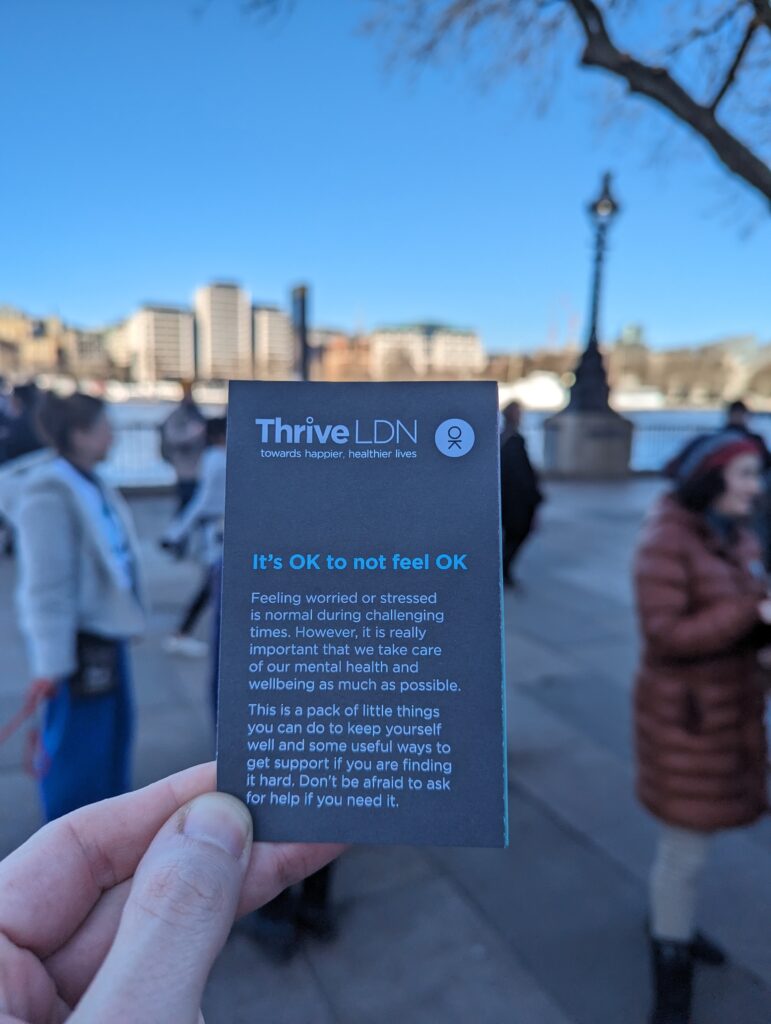
GMHD 2024 offered Londoners:
- the chance to connect with local services and groups
- safe spaces to talk about their mental health and wellbeing
- signposting to support beyond the day
- the opportunity to celebrate the people and communities who have got them through tough times.
The Mayor of London was among those who championed it.
Better for people with mental health and wellbeing needs
- Nearly 5,000 Londoners celebrated GMHD 2024, with almost 3,000 taking part in person at 60+ events in 15 London boroughs.
- There were more than 80,000 views on social media, and more than 13,000 views of the GMHD web pages on the Thrive LDN website.
Speaking about the impact of Great Mental Health Day, Londoners said:
- “It highlights how important everyone’s wellbeing is.”
- “It has opened up a safe space for people to speak freely about their mental health.”
- “It gives people a great understanding of mental health issues.”
Appropriate Adult service for vulnerable adults in London
All vulnerable adults who are suspected of an offence should have access to an Appropriate Adult (AA) as per the Police and Criminal Evidence (PACE) Act Code C. However, no organisation has the statutory duty to commission and fund these services for adults.
A new service delivery model for vulnerable adults in London was needed by March 2024 and we were commissioned to carry out an options appraisal to outline and analyse possible models.
We undertook:
- desktop research
- detailed analysis of the current service, jointly funded by London bodies
- comprehensive stakeholder engagement including with local authority representatives (both users of the funded service and of alternatives), independent custody visitors, custody officers, and people with lived experience.
Our Design Group included representation from local authorities, the National Appropriate Adults Network, Metropolitan Police, Mayor’s Office for Policing and Crime, NHS England, and lived experience representatives, coordinated by third-sector organisation, Revolving Doors.
In the group, we listened to and addressed their suggestions and concerns.
This robust process resulted in a way forward being agreed by all stakeholders, solving a longstanding issue.
Better for vulnerable adults
- There will be a consistent, comprehensive Appropriate Adult service for vulnerable adults in London.
Championing homeless and inclusion health in London
People experiencing homelessness face significant barriers to health services, and often have unmet health and care needs. Even if able to access services, they may experience discrimination or stigma which puts them off coming back.
The Homeless Health London Partnership (HHLP) is a pan-London programme led by TPHC that works with the five NHS Integrated Care Boards (ICBs), statutory health bodies, local government, third-sector organisations, and people with lived experience to address challenges that impact the health of people experiencing homelessness.
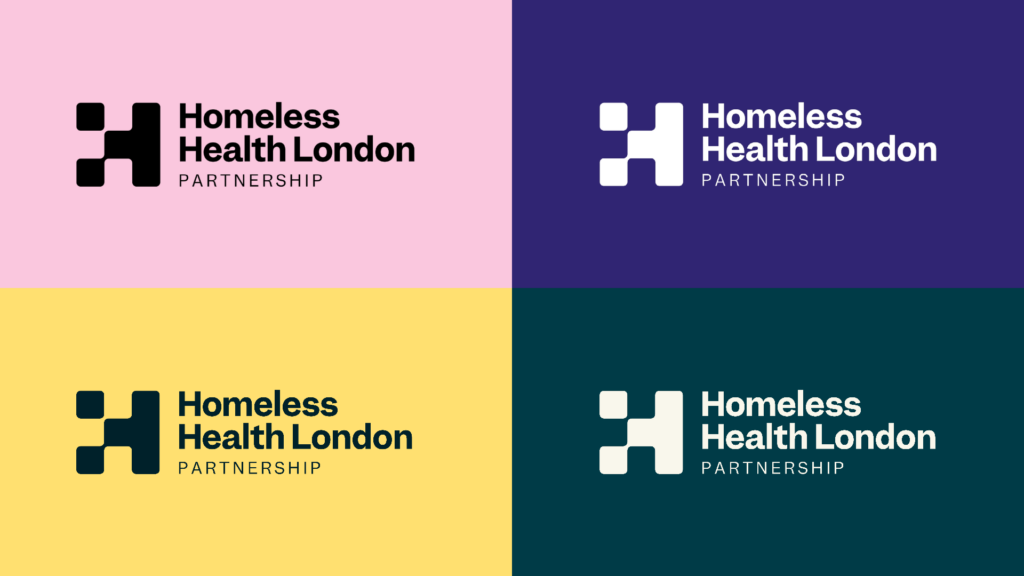
Insights
In 2023/24, our team provided valuable research and insights for this population:
- a hostel survey, published in April 2023, quantified the level of health and care needs of residents
- one article on the hostel survey and another on a snapshot inpatient audit, were published in the Clinical Journal of Medicine
- a report of the outcomes and recommendations from three workshops with the London Homeless Health Primary Care Working Group was published in March 2024. This addresses priority areas including training on GP registration, and improving access to care for people experiencing multiple disadvantages.
Tackling Hepatitis C
We are also delivering a pilot project to improve local testing and treatment in primary care for Hepatitis C virus (HCV), for people experiencing homelessness, in a collaborative and sustainable way.
To do this, we have:
- engaged with experts by experience from the start, centring their voices
- identified two pilot sites (one specialist homeless practice and one mainstream) to carry out the six month pilot
- trained clinical and non-clinical practice staff so they have the tools and skills required for the pilot
- organised for a researcher from an acute trust to carry out the evaluation at the end of the pilot.
NHS England’s goal is to eliminate Hepatitis C by 2025.
No wrong door
We also host the Pan-London Co-Occurring Conditions programme. This aims to improve access to services and quality of support for people who are homeless and also have substance use issues, mental health challenges and/or neurodiversity. We want to ensure that that there is ‘no wrong door’ to people when they seek support and treatment.
Better for people experiencing homelessness
- Influencing strategy: Addressing co-occurring conditions is now embedded into North Central London and North East London inclusion health workplans.
- Training: Over 1500 people have completed our co-occurring conditions e-learning course. Hackney Council has made the training course mandatory for all customer-facing staff in its benefits and housing needs service.
- Raising awareness: The programme created a short film ‘Searching for answers’ which highlights the lived experience of people with co-occurring conditions when trying to get help (played over 390 times since launch).
- Influencing practice and service design: There are now service standards for substance use services, co-created with people with lived experience.
- Building the evidence base: Our Market Position Statement and data mapping report (March 2023) identifies the issues and makes recommendations for change. These recommendations are informing the programme’s influencing work at pan-London level which will create more integrated, consistent, service provision and commissioning.
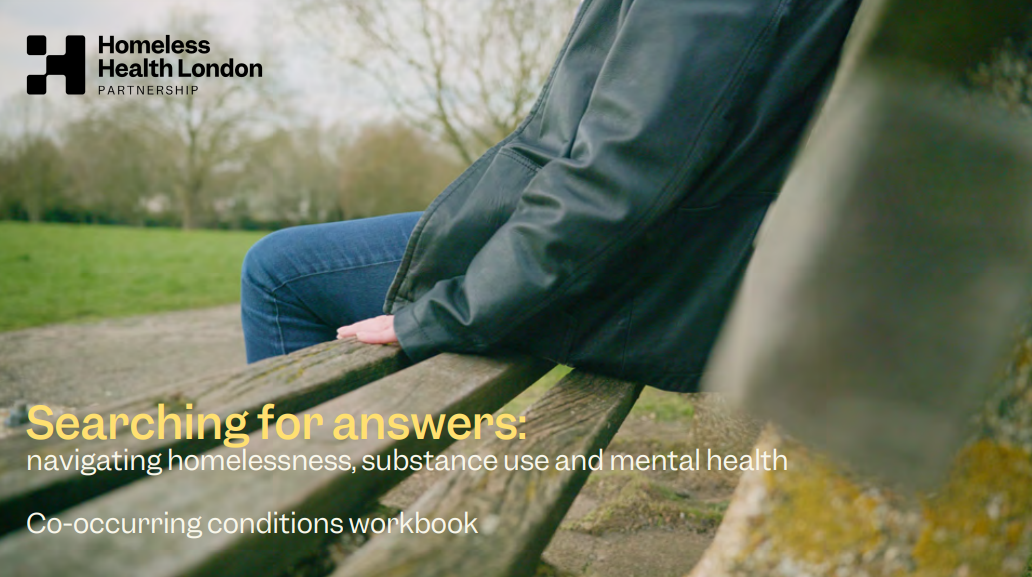
Curious to see how we can make a difference?
Interested in hearing more about how we have helped tackle health inequalities? Contact us for an informal chat.
email us at:rf-tr.tphc-communication@nhs.net
Championing social prescribing adoption across London
Many people face financial, emotional and other issues and concerns which impact their health and wellbeing but can’t be solved by traditional healthcare. By connecting people to services and activities that meet their needs, social prescribing can have a huge impact on lives. But there is limited public awareness of social prescribing and little public involvement in services. There is also limited funding for services that people need.
Supporting people to share their stories
Our Personalised Care team ran a Patient Voices Programme in London to support those who wished to share their experiences of social prescribing. It was developed with experts by experience including NHS and mental health peer leaders, lived experience practitioners, trusts’ patient voices groups, social prescribing managers and link workers across London. Participants were trained in storytelling, communication and presentation, which helped build their confidence and deliver their stories with impact.
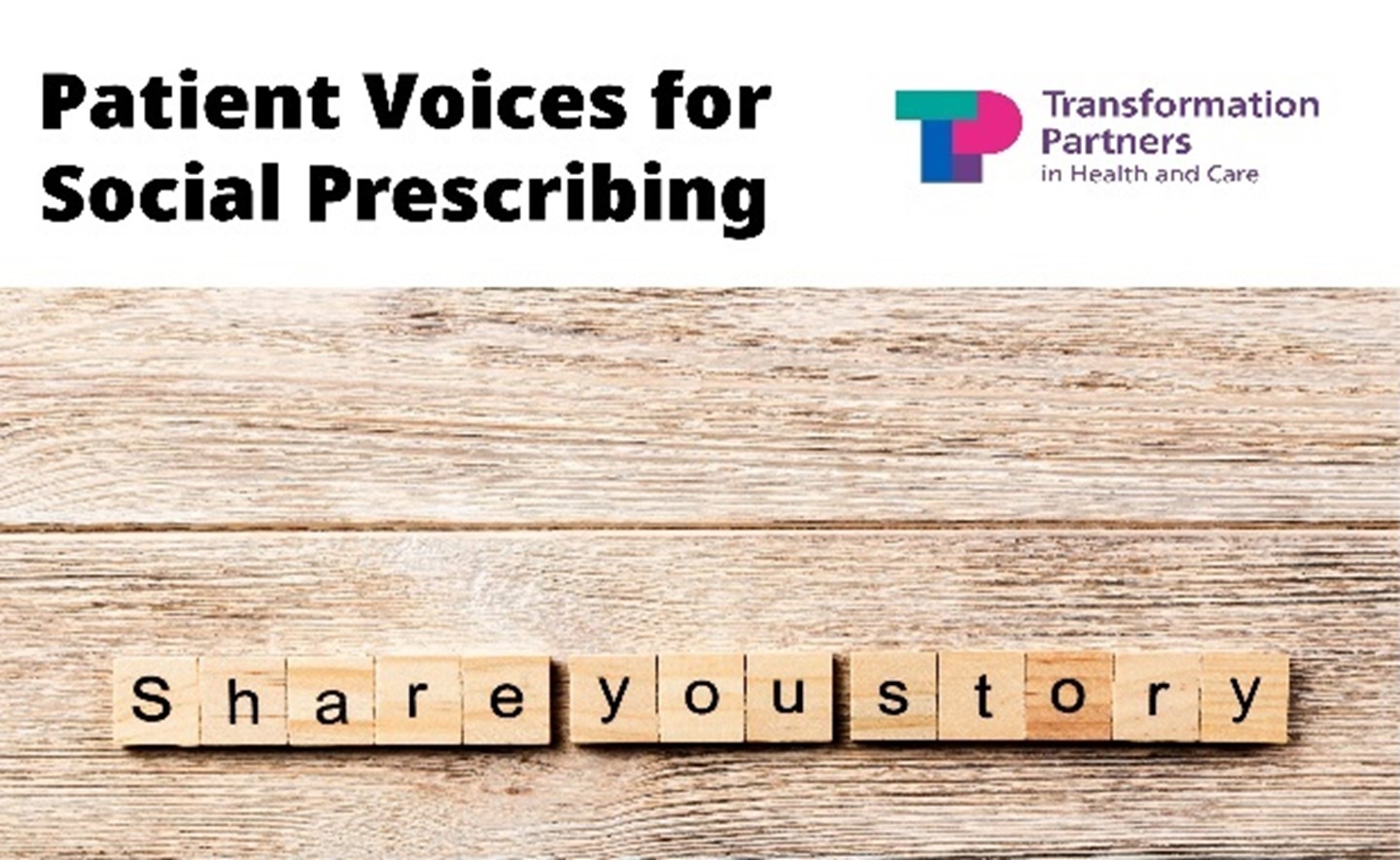
“I’m shocked that I learnt so much. It was such a positive experience to meet so many wonderful people and hear their stories. I’ve come away inspired.”
Spencer Cole, 2023 Patient Voices participant
Better for people in need of non-medical support
- Participants’ experiences showed how social prescribing, with its potential to reach marginalised communities, can be an effective approach to tackling health inequalities in London.
- Participants have helped shape social prescribing strategy in north central London.
- They have also told their stories at London’s Health Equity Group which supports health equity strategy for the capital.
Community chests
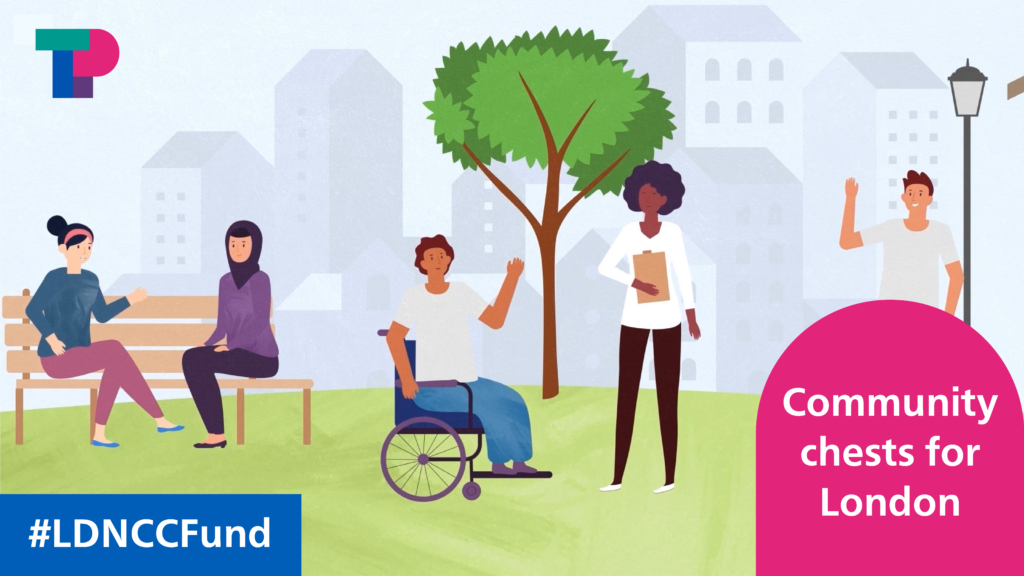
Community chests for social prescribing are a way for communities to provide targeted support for the specific needs of their residents, such as loneliness and the cost of living.
Working with North East London Integrated Care Board, we supported each of the seven boroughs in north east London to pilot community chests.
Our personalised care team worked with each borough separately. Local people and groups came together to decide how they wanted their community chest to work and agree what the key needs were. They focused particularly on people in underserved communities. The funding was additional to that usually available.
The pilot took a “needs-led” approach to commissioning, responding to both the unmet needs of residents and the strengths of local groups and initiatives to address them. Each of the community chests successfully assigned its funding to services and activities to meet the needs of residents.
Better for residents who took part in community chest funded activities
- In Redbridge, 70% of those who responded to a survey rated their life satisfaction at over 80% compared to under 40% before
- In Havering, 20% of those who responded said they wouldn’t have known where to turn if the extra support hadn’t been there.
Better for community organisations
- Many of those who took part developed new skills and stronger relationships with NHS and borough colleagues.
Better for the integrated care system
- The pilot raised awareness of social prescribing, including by community organisations.
- Fewer residents sought medical help for non-medical problems. In Havering, over 25% of people said they would have attended the GP surgery if they hadn’t accessed the activities.
Tackling HIV stigma in London
Fast-Track Cities is a global initiative to end the HIV epidemic by 2030. London joined the global Fast-Track Cities Initiative in January 2018. At TPHC, we host transformation support and programme management for the Fast-Track Cities London leadership.
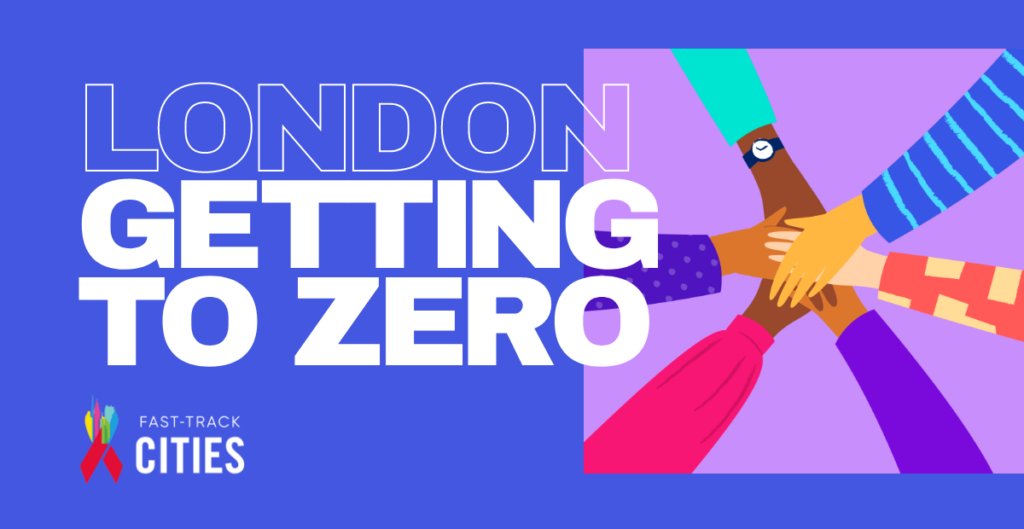
Despite major advances in clinical care, quality of life for people living with HIV suffers because of stigma.
In April 2023, we supported the launch of London’s first HIV Confident Charter to tackle stigma and discrimination in frontline public services, and in society. Organisations sign up to the charter to access training, support with HIV policies, tools to report stigma, and a staff survey. Once this is successfully completed, they are awarded an HIV Confident Charter mark. The charter was developed by the National AIDS Trust, NAM aidsmap and Positively UK, working with the HIV sector. On World Aids day 2023 the Mayor of London became a founding member of the Charter.
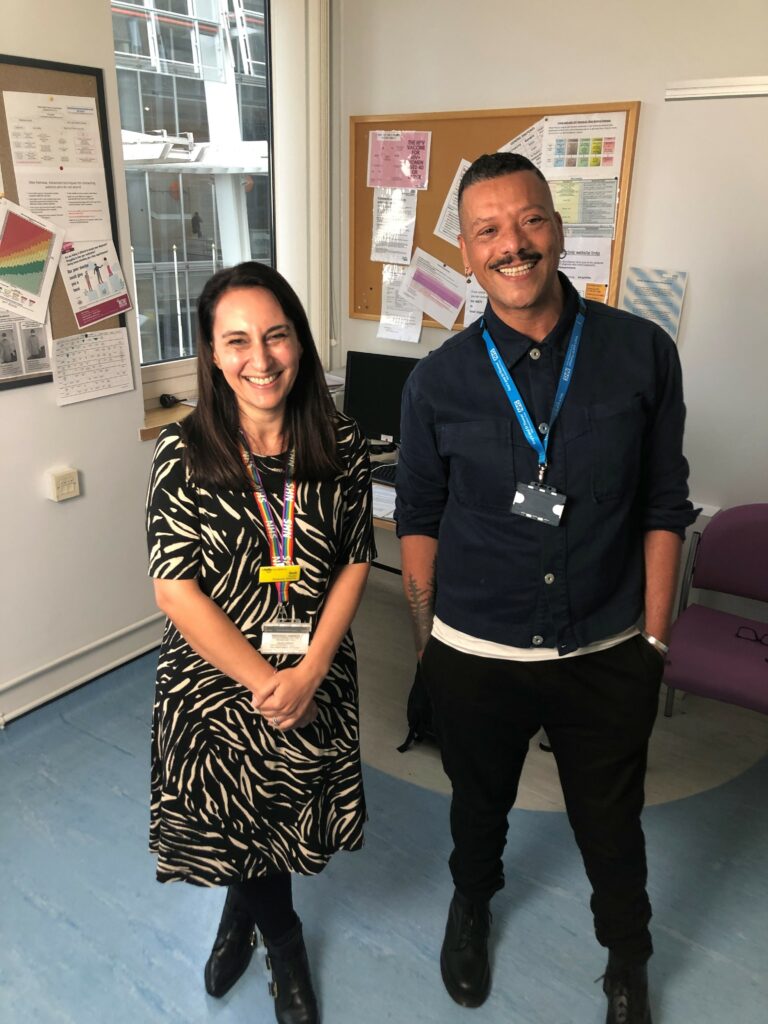
We also supported the launch of a three-year HIV Ambassadors programme in partnership with Terrence Higgins Trust. This recruits and trains people living with HIV to act as ambassadors, educating people to tackle stigma in society.
And as usual we supported Pride month, highlighting the work of LGBTQ+ and HIV community groups. We secured attendance at the London Pride parade with some of London’s most senior leaders.
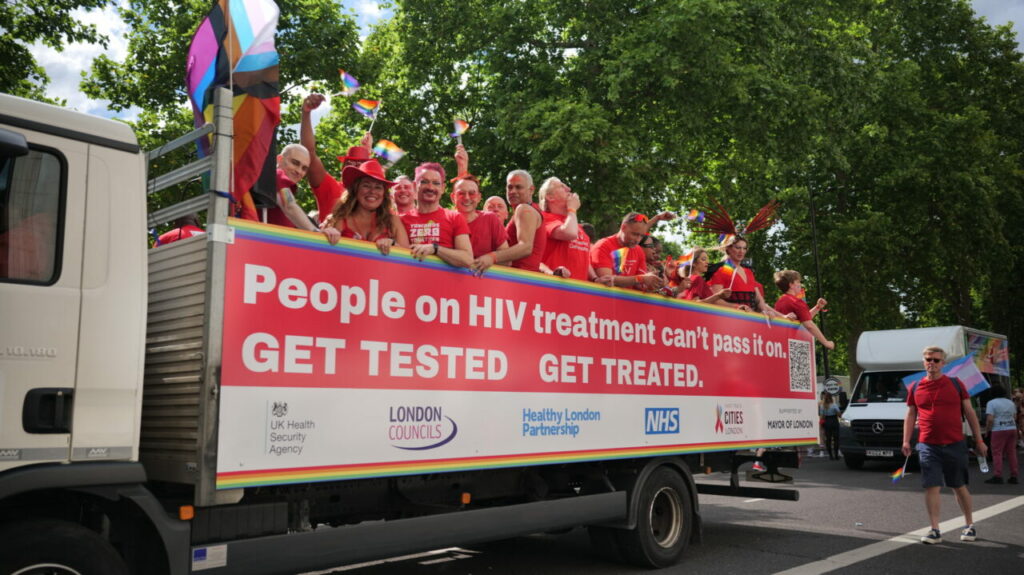
Better for people living with HIV
- There are 15 founding members of the charter, from the Greater London Authority to NHS Trusts, boroughs, GP practices and businesses
- 18 ambassadors have been recruited and trained and are already delivering sessions
- London’s anti-stigma programme empowers people living with HIV to take charge of their health and wellbeing and to advocate for and support others.
- The HIV Confident Charter and Ambassadors programme are integral to the efforts to get to zero new cases of HIV, zero preventable deaths, zero stigma and 100 per cent of people living well with HIV in London.

